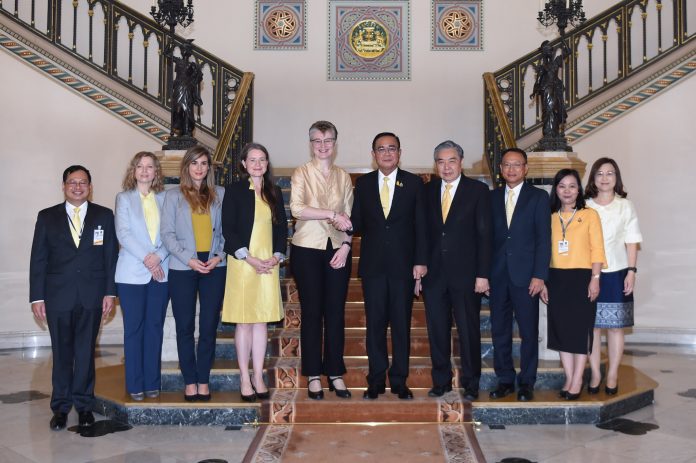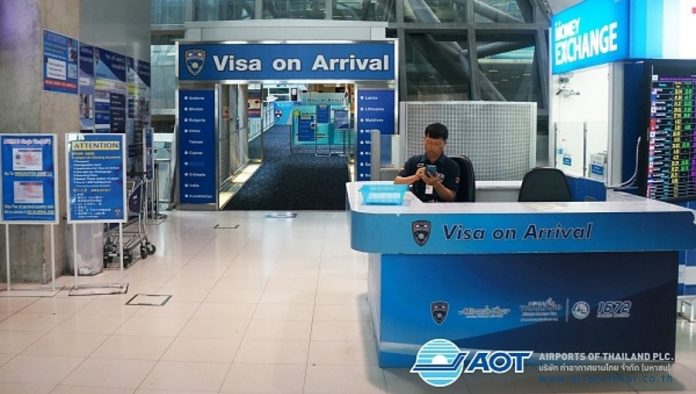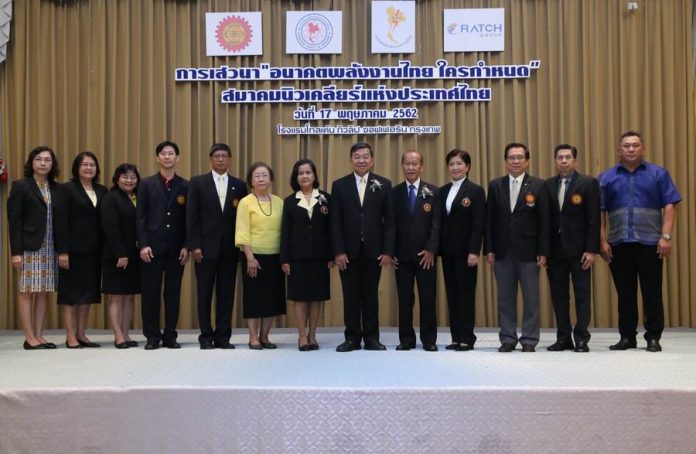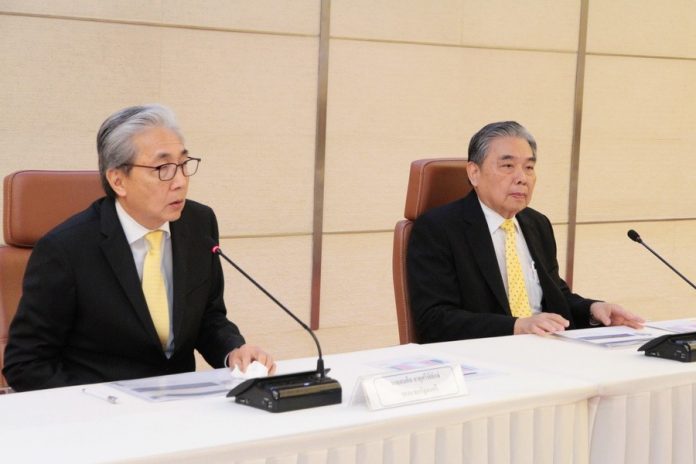BANGKOK, 17 May 2019 (NNT) – The World Bank has reassured support for Thailand’s business sector since the government has conducted bureaucratic reforms to facilitate businesses, reduce costs while the country’s ranking on difficulties versus eases in doing business has improved.
The World Bank’s Doing Business Research Team members met with Prime Minister Prayut Chan-o-cha who expressed his appreciations for the World Bank’s ranking of difficulties and eases in doing business in Thailand which currently ranks 27th from among a list of 190 countries worldwide, and ranks third in the ASEAN community.
The premier confirmed that Thailand has been prepared to cooperate with the World Bank in effort to upgrade the country and region. On a long term basis, Thailand is to develop in several areas for which consultations and expertise of the World Bank will be needed. Thailand has been readied to support the World Bank’s laying of a partnership framework for national development on sustainable basis.
The premier confirmed that the Thai private sector has had good understanding about the implementation of government policies while as this year’s ASEAN chair Thailand will be able to promote the Thai business sector in the ASEAN markets.
The World Bank’s visiting research team confirmed that the World Bank will readily provide consultations for Thailand’s national and regional development and that Thailand has moved in the right directions, especially regarding its digital sector.












